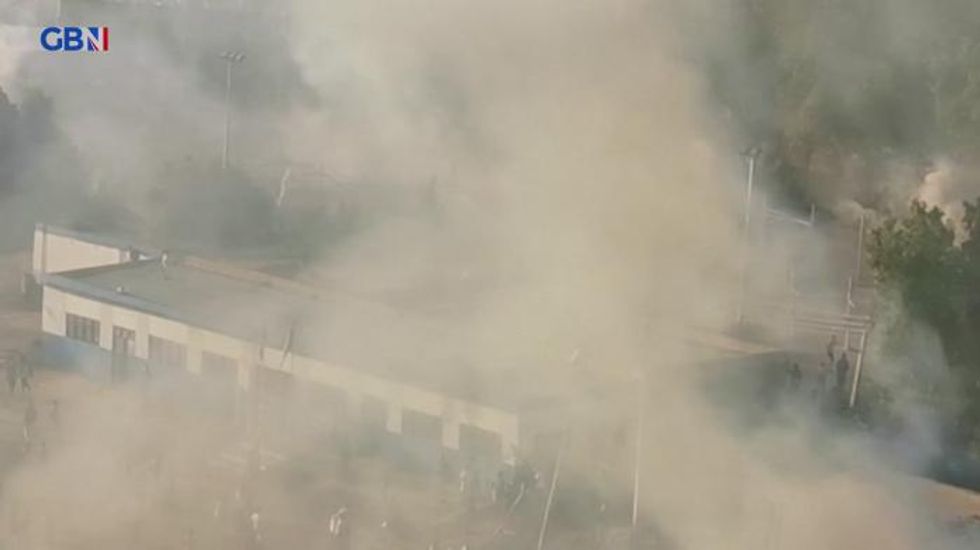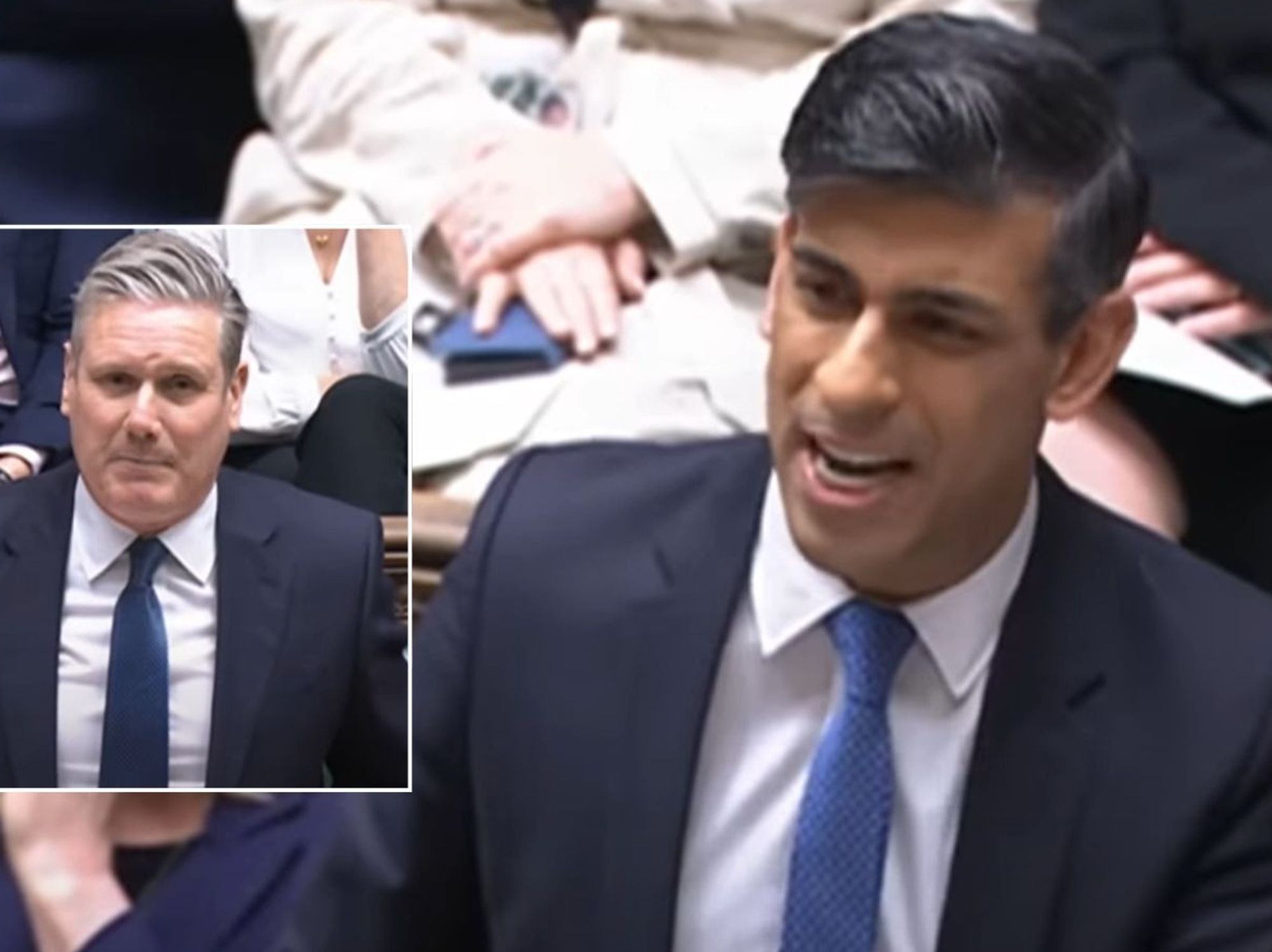Don't Miss
Most Read
Trending on GB News
Sudanese security forces have violently dispersed pro-democracy protesters, killing at least two people, a medical group has said. The demonstrations were the latest against a military coup that rattled the country’s fragile transition to democracy.
Thousands had taken to the streets in Khartoum and other cities across the country to denounce the October takeover and a subsequent deal that reinstated the prime minister but sidelined the pro-democracy movement.
The Sudan Doctors Committee, which is part of the pro-democracy movement, said one of the dead was hit “violently” on his head while taking part in a protest march in Khartoum. The second was shot in his chest in Khartoum’s twin city of Omdurman, it added.
Activist Nazim Sirag said security forces used tear gas and sound grenades to disperse protesters, and chased them along side streets across the capital.
Other cities where protests took place included Port Sudan and Nyala in the Darfur region.
The protests took place despite tightened security and blocked bridges and roads in Khartoum and Omdurman. Internet connections were also disrupted before the protests, according to the advocacy group NetBlocks. Authorities have used such tactics repeatedly since the coup on October 25.
Saturday’s fatalities have brought the death toll among protesters since the coup to at least 56, according to the medical group. Hundreds have also been wounded.
Allegations surfaced last month of sexual violence including rape and gang rape by security forces against female protesters, according to the United Nations.
The ruling sovereign council has vowed to investigate the violence against the protesters.
The October military takeover upended a fragile planned transition to democratic rule following a popular uprising that forced the military’s overthrow of longtime autocrat Omar al-Bashir and his Islamist government in April 2019.
Prime Minister Abdalla Hamdok, a former UN official seen as the civilian face of Sudan’s transitional government, was reinstated in November amid international pressure in a deal that calls for an independent technocratic Cabinet under military oversight led by him.
That deal, however, was rejected by the pro-democracy movement, which insists that power be handed over to a fully civilian government tasked with leading the transition.
Mr Hamdok defended the November deal with the military, saying that it was meant to preserve achievements his government had made in the past two years, and to “protect our nation from sliding to a new international isolation”.











